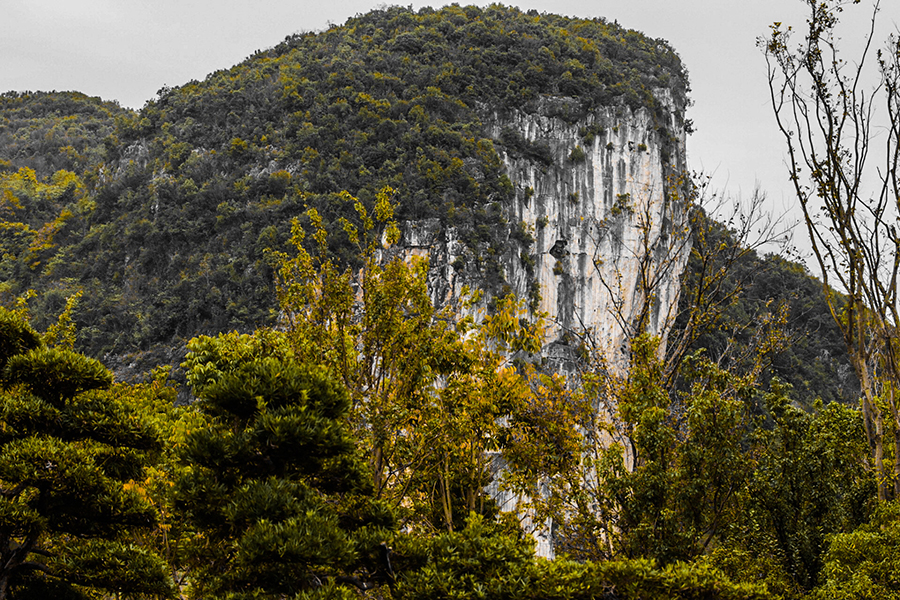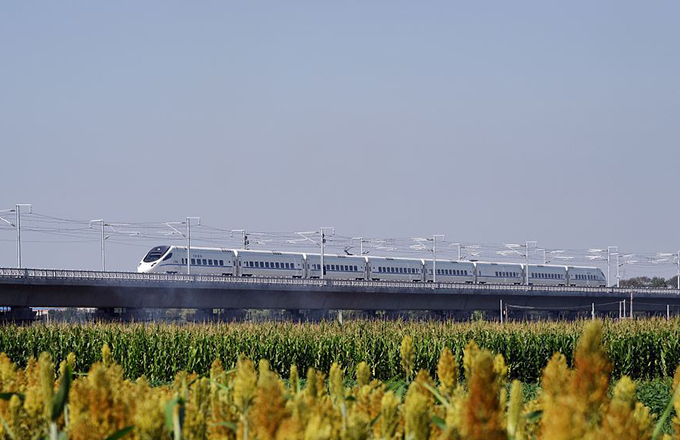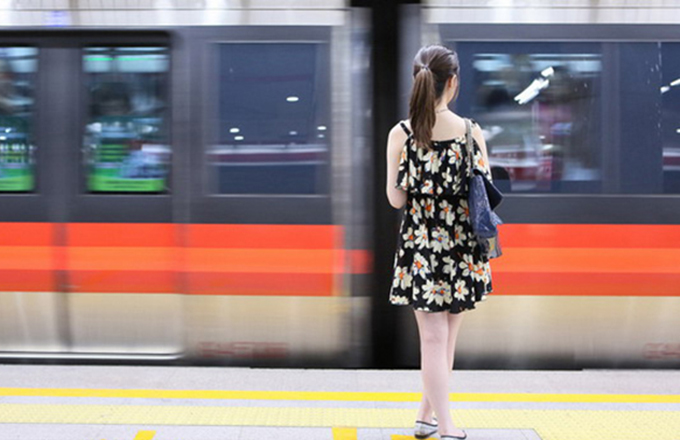Guizhou through a photographer's eye
Updated: 2017-12-01 07:46 By Bruce Connolly (chinadaily.com.cn) |
|
Limestone peak Guizhou. [Photo by Bruce Connolly/chinadaily.com.cn] |
Approaching Zunyi Airport on the flight from Beijing, I was enthralled by the pattern of villages, fields, forests and hills spread out below, a landscape that transfixed me as we drove toward the city. But it was the drive out to Huamao and Gouba villages where I was able to watch the many interrelationships: of how water resources were managed to ensure irrigation sometimes through wooden pipes to the soil; of land under cultivation while some lay in fallow; of narrow paths providing access to and between fields. It was a scene which in past years would have been dominated by human activity although some mechanical ploughing had been introduced. It was thoughtful to remember the generations of people over time who would have toiled that soil to provide sustenance for their families. If only the land could talk, for there must be many unwritten stories of the people who lived their entire lives within this enchanting valley, or of the armies who passed through during troubled times. I wondered also of the relationship between the hills, the rivers and the locations of the villages, indeed the layout of the villages and whether feng shui principles historically applied?
It was also noticeable that considerable landscaping and environmental work had occurred, providing a more welcoming atmosphere for visitors who were being encouraged to enjoy farm-stay holiday experiences. Indeed guesthouses and small hotels retained the area's architectural character. While maintaining farming activities, the area was tapping into its intrinsic beauty to attract money-spending urban visitors. Sustainable tourism, if managed carefully, is one way forward for parts of rural Guizhou.
Both villages, Gouba and Huamao, although literally minutes apart, provided quite different but equally fascinating experiences. Gouba retained more of the iconic wooden architectural structures associated with this area. It is fascinating travelling across China to observe not only regional variations in style but also how use of locally available materials for construction influences design. Most buildings have been renovated while keeping their traditional format so presenting a clean, pleasant format for visitors. Gouba, accessible along a series of stone paths, with informative bilingual sign boards, spreads amidst forest below steeply rising pinnacle hills. It is highly photogenic with many items of everyday rural life scattered outside or below the cottages. We were seeing villages as they are today but most have occupied their location for many hundreds of years, or longer. Indeed the landscape felt timeless - mist rolled around forested hills above the village in scenes exactly as they were centuries ago. When clouds parted, houses could be seen perched high above with patches of cultivation amongst the trees. The images resembled old Chinese watercolor paintings.







